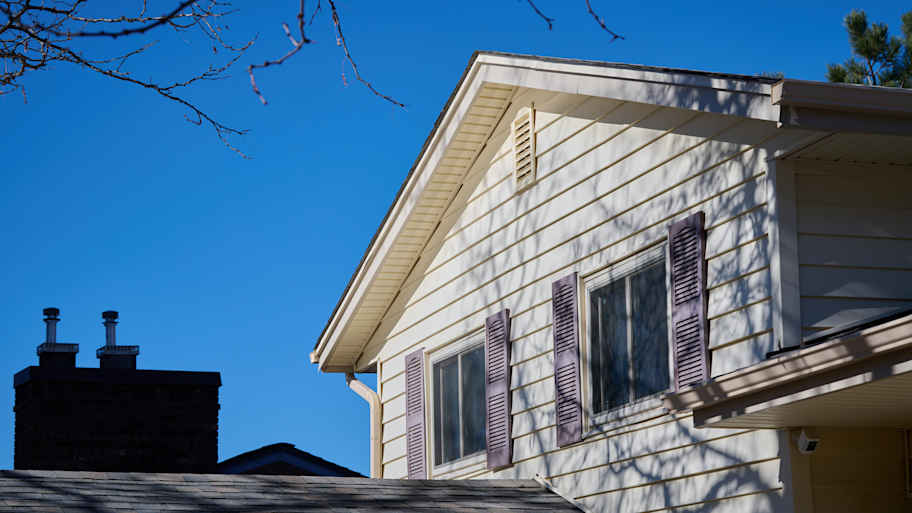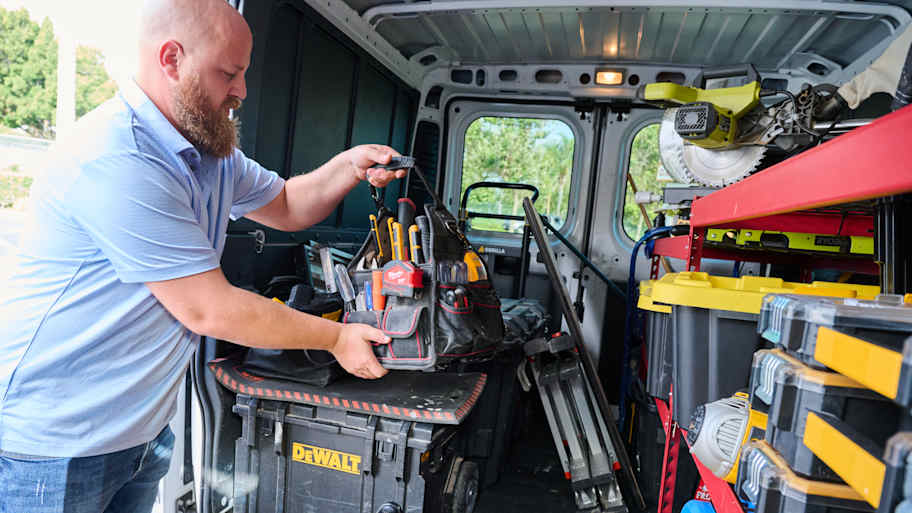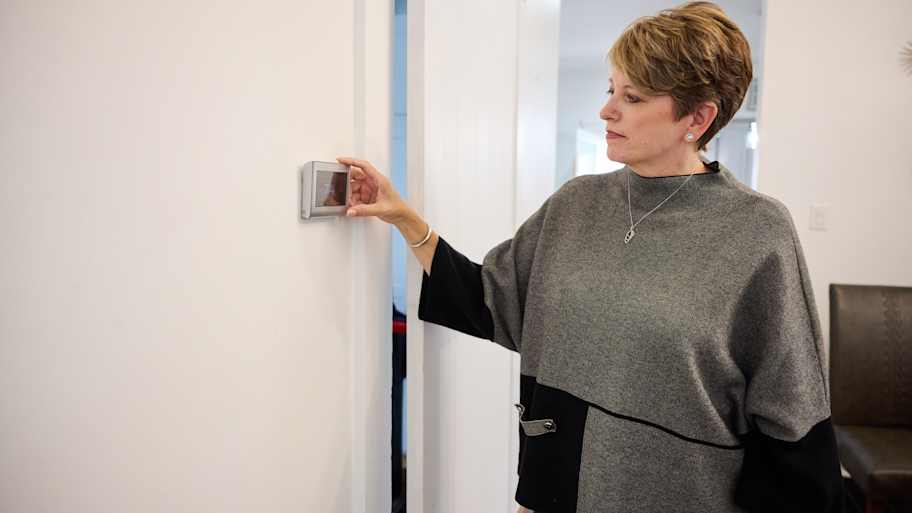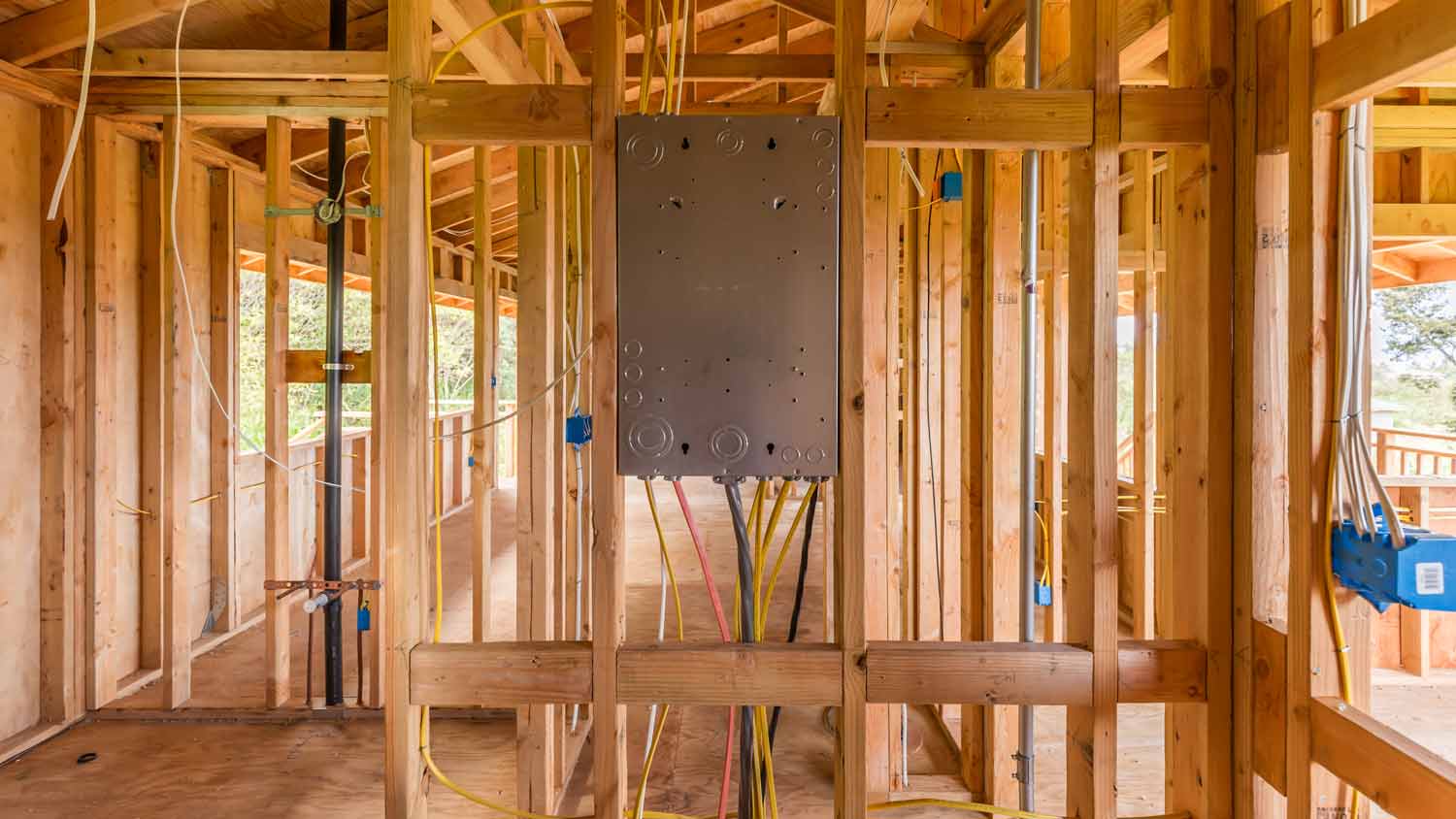The Ultimate Home Inspection Electrical Checklist
Here’s what to expect when you're inspecting your electrical systems


The regulations for electrical systems are complicated, to say the least, making it tough to know the right questions to ask a local licensed electrician during an inspection. Reading over a home inspection electrical checklist can help you feel more in control and knowledgeable about the process. Here’s what you can expect from an electrical inspection.
What Is an Electrical Inspection?
An electrical inspection is a detailed review of your home’s electrical components, including wires, systems, and appliances. It goes above and beyond what a traditional home inspection covers.
Along the way, professional inspectors also ensure the home meets all legal standards and the National Electrical Code (NEC). Getting the most from your electrical inspection can make the process valuable for you and your home.

Why Do You Need an Electrical Inspection?
There are a few scenarios on why you would need or want an electrical inspection, such as purchasing a new home or undergoing renovations. Here are some benefits of scheduling an electrical inspection with a professional electrician:
To ensure everything is up to code: Having an electrical inspection done by a professional will ensure your electrical systems are safe and up to code. This can reduce the risk of electrical fires and other types of hazards.
To make your home more energy efficient: An outdated electrical panel can result in wasted energy and increased electric bills. A qualified electrician can inspect the existing panel to find opportunities to reduce energy use.
To understand the property’s electrical system: Before buying a home, it’s best to know the ins and outs of it, including the electrical system. An inspection can help you understand how the electrical system works, and you can get tips on how to prevent problems.
When To Get an Electrical Inspection
You want to get an electrical inspection before buying a home, but what about after you make the purchase? It’s recommended to get an electrical inspection every three to five years, or two to three years if you’re living in an older home. However, there are a few light bulbs that might go off to signal you need an inspection sooner:
Rising energy costs: If your bills are going up but your habits are the same, it could be a sign that you’re losing power somewhere in your electrical system.
Hot spots and discoloration: Sometimes an area in your wall can feel warm or show a yellow or brown color.
Burning smells: Frayed wires and other electrical issues can spark and burn—if you smell this, turn off any appliances and call your electrician.
All of these indicate an electrical failure somewhere in your system, which has the potential to pose a fire risk if left unattended. If you notice one of these, call your electrical inspector as soon as possible to minimize the potential for damage in your home.
What an Electrical Inspection Covers
A local electrician will take a look at all the electrical components of your home. They’ll often check the age of your systems and make sure that they’re safe and up to code. In some cases, they assess lifespan and efficiency. Based on these, they may make recommendations about any repairs, maintenance, or updates they think could benefit you.
1. Electric Meter
Your electrician will closely examine your outside electrical meter to ensure everyday weathering or curious rodents haven’t done significant damage. Your inspector will look for problems such as:
An unstable attachment
Broken seals
Signs of water intrusion and rust
Damage from chewing creatures like squirrels and mice
2. Electrical Wires
An informed electrician will also examine the overall condition of the service cables to ensure they’re not damaged or deteriorating. Inside, the electrician will look for other common yet expensive problems like:
Wires resting on heat ducts or pipes
3. Other Wiring Hazards
Your inspection should also cover additional wiring hazards, including the following:
Outside wires leading into the house and other outdoor electrical systems like porch lighting
Overloaded power strips or extension cords
Unprotected or exposed wiring in lesser-visited places like the attic, basement, and crawl space
4. Electrical Panel and Circuit Breakers
The electrical panel (aka the circuit breaker panel) houses all circuit breakers, which prevents electrical currents from exceeding safe levels. Your electrician might recommend upgrading the circuit breaker panel if you’re buying an older property, especially if the main panel is missing a surge protector.
Federal Pacific Electric (FPE) was a common circuit breaker panel manufacturer in earlier decades, and if you live in an older home, you might have an FPE panel. If you have one in your home, the electrician will closely inspect the panel because there is a history of failure to provide proper protection.
FPE panels could pose an electrical fire risk because they have been found not to turn off when overloaded. If you have this panel, you can ask the electrician to make a recommendation on whether it should be replaced or not for your household’s safety.
Keep in mind that inspecting these panels can be dangerous; you shouldn’t remove an electrical panel yourself.
They will also test your electrical panel against a number of issues, including:
Insufficient clearance
Improperly sized circuit breakers
Oxidation or corrosion
Aluminum branch wiring
Overheated components
Evidence of moisture
5. Electrical Outlets and Switches

An electrician tests all electrical outlets in your home for safety and functionality. They also inspect the outlet plates’ condition, paying close attention to:
Reversed polarity
Ungrounded circuits
Unsafe wiring
Discoloring
Damage
Looseness
You should also ask your electrician about the GFCI and AFCI outlets in the home. If you’re like most people, you probably don't know about the difference between a GFCI outlet and an AFCI outlet. But both outlets are crucial to your home’s safety, but each serves a different purpose.
GFCI: A GFCI outlet prevents electrocution. These outlets contain small circuit breakers that shut off when overloaded or if there is a short circuit. Look for these in your basement, garage, kitchen, and bathrooms.
AFCI: An AFCI device helps prevent fires caused by loose or damaged electrical connections and wiring. They are required in most rooms, including the kitchen, family, dining, and living rooms, bedrooms, and laundry rooms.
After the inspection, ask your electrician to show you where these outlets are in your home for future reference.
6. Smoke and Carbon Monoxide (CO) Detector Testing and Placement
The electrician will verify whether the house has enough protection and that each unit works properly. Proper placement for each detector is also important. Your inspector will confirm that:
Carbon monoxide detectors are between knee and chest height
Combination carbon monoxide and smoke detectors and stand-alone smoke detectors are placed at ceiling height
Each bedroom and every floor is covered under adequate protection to detect warning signs of danger
7. Appliances
During the electrical inspection, the electrician will check that major, built-in appliances are operating correctly. They likely won’t evaluate small appliances, such as a microwave or coffee makers, but you can expect them to check the:
Refrigerator
Dishwasher
Oven and range
Garbage disposal
8. Light Bulb Wattage
If any light fixture in the home uses the incorrect light bulb wattage, it can cause wire damage within the home. The electrician will check that all fixtures are using the appropriate bulb wattage.
Luckily, this is an easy fix for homeowners. Check each light fixture for the recommended maximum wattage rating to ensure they contain the proper light bulb wattage.
Common Electrical Problems
An electrical inspection helps catch problems early on before they spiral into costly repairs. Some common electrical problems include:
Ungrounded outlets
Missing smoke alarms or carbon monoxide detectors
Outdated or fraying electrical wire
What Should You Do if the Electrical Inspection Uncovers Problems?
After recording their findings, your electrician will put together a report itemizing each issue they’ve uncovered, plus their recommendations for fixing the problems. Usually, your electrician will rank them by priority.
Then, as the potential buyer, you’ll have options for how to use the information. Learn more about what to do after a home inspection and how to assess your home inspection report so you can make the most of your findings.
Request the current homeowners fix the issues before the sale.
Talk with your real estate agent about negotiating a lower sale price to fix the repairs on your own.
Walk away from the deal, depending on the language in your contract and severity of the electrical issues.
DIY vs. Hiring a Professional Electrical Inspector
It can be tempting to embrace DIY electrical inspections, but safety inspections are one area where no one should cut corners. It’s recommended to stick to the three to five year electrical inspection schedule, although you’re usually safe to lean towards five years if you don’t have any concerns.
That’s where a DIY walkthrough can be handy—doing a regular checkup of your home can alert you to anything that might call for an inspection sooner. It’s also a good chance to take note of things you might want to ask your inspector. This can be anything from updating old, inefficient fixtures to adding in more convenient outlets and switches. When it comes to electrical inspections, think of DIY as a helpful prequel to professional inspection.
When it’s time for your next inspection, there’s a wealth of great professionals out there. Online services like Angi can help you find electrical inspectors near you, complete with reviews from other customers. You can also talk to friends and neighbors and see if anyone has a recommendation for an inspector in your area.



.jpg?impolicy=leadImage)

- Home Generator Repair
- Lamp Repair
- Electric Repair
- Generator Installation
- TV Antenna Services
- Emergency Electricians
- Commercial Electricians
- Attic Fan Installation
- Attic Fan Repair
- Exhaust Fan Installation
- Electric Inspectors
- Subcontractors
- Electrical Construction
- EV Charger Installer
- Chandelier Installation
- Doorbell Installation
- Bathroom Fan Installation
- Ring Installers
- Electrical Panel Upgrade
- What Is an Electrical Inspection and When Do You Need One?
- Who To Call for Electrical Problems and When To Get Help
- How To Upgrade Your Electrical Panel Safely
- Why Hire an Electrician? Top Reasons to Consider
- What to Expect During a Home Inspection
- 12 Types of Home Inspections: A Complete Guide
- The Most Important Questions To Ask During a Home Inspection
- 11 Questions to Ask an Electrician Before Making Your Hiring Decision
- What to Expect During a New Construction Home Inspection and a Builder’s Walk-Through
- What a Home Inspection Covers: Get to Know Your (New) Home















